On 16 September 2022, the Federal Council decided to suspend the exchange of information in tax matters with Russia. In its published ruling 2C_219/2022 of 30 January 2025, the Federal Supreme Court went one step further and definitively rejected a request for information from Russia on the grounds that the country was manifestly violating fundamental principles of the Swiss legal system and that there was no prospect of this changing in the short term. The decision specifically relates to a request concerning a Ukrainian citizen. It remains to be seen whether the case law can be transposed to cases involving citizens of other countries.
Russia made a request for mutual administrative assistance in tax matters in October 2018 relating to a Russian company that paid dividends to three Cypriot companies. The request related to the nationality of the economic beneficiary of these dividends. The persons targeted by the request objected to the request and the appeal proceedings were suspended in 2022 following the Federal Council’s announcement.
The judgment deals with the question of whether the proceedings should remain suspended or whether a decision rejecting the application should now be issued. In this regard, the Federal Supreme Court notes that suspending mutual assistance proceedings is contrary to the principles of diligence and expedition applicable to mutual assistance and should therefore only be applied in exceptional cases. Accordingly, if the situation justifying the suspension cannot be resolved in the near future, a decision on the merits of the case must be handed down.
For this reason, the Federal Supreme Court rejected the request for mutual assistance on the grounds that Russia no longer offered the necessary guarantees in terms of public order and the principle of specialty.
In this respect, it deviates from the case law on mutual assistance in criminal matters between Switzerland and Russia concerning blocked accounts, where it had considered it appropriate to maintain the suspension of proceedings. The Federal Supreme Court justifies this difference by the fact that, in tax matters, Russia will be able to submit a new request at any time without suffering any prejudice, since the required banking information will still be available (which would not be the case for banking assets that could disappear rapidly if the conservatory measures affecting the accounts were lifted).
It remains to be seen whether the Federal Supreme Court will extend its jurisprudence in future rulings to cases where the subject of the request for mutual assistance is not of Ukrainian nationality.


